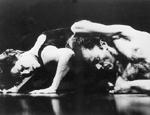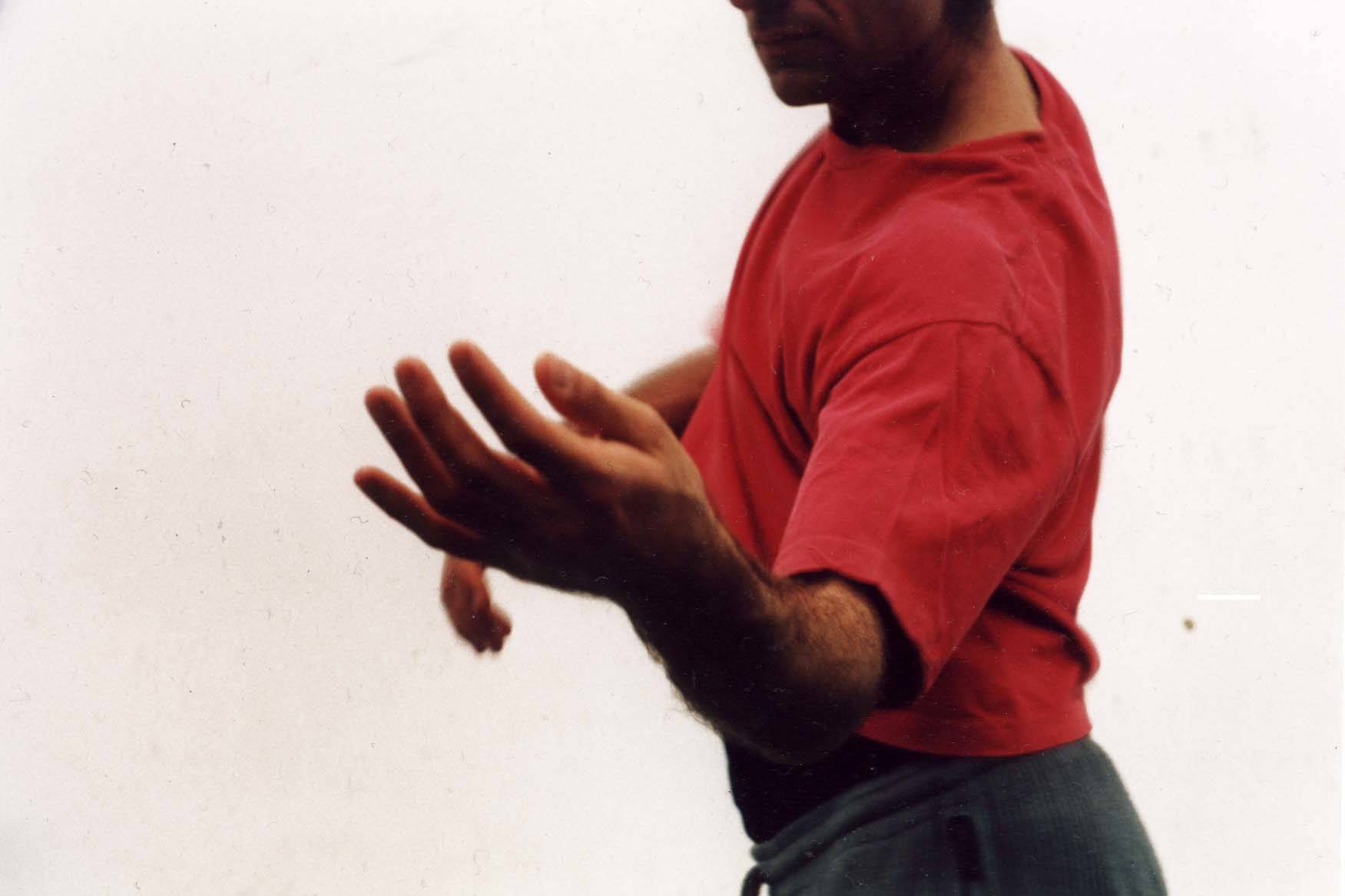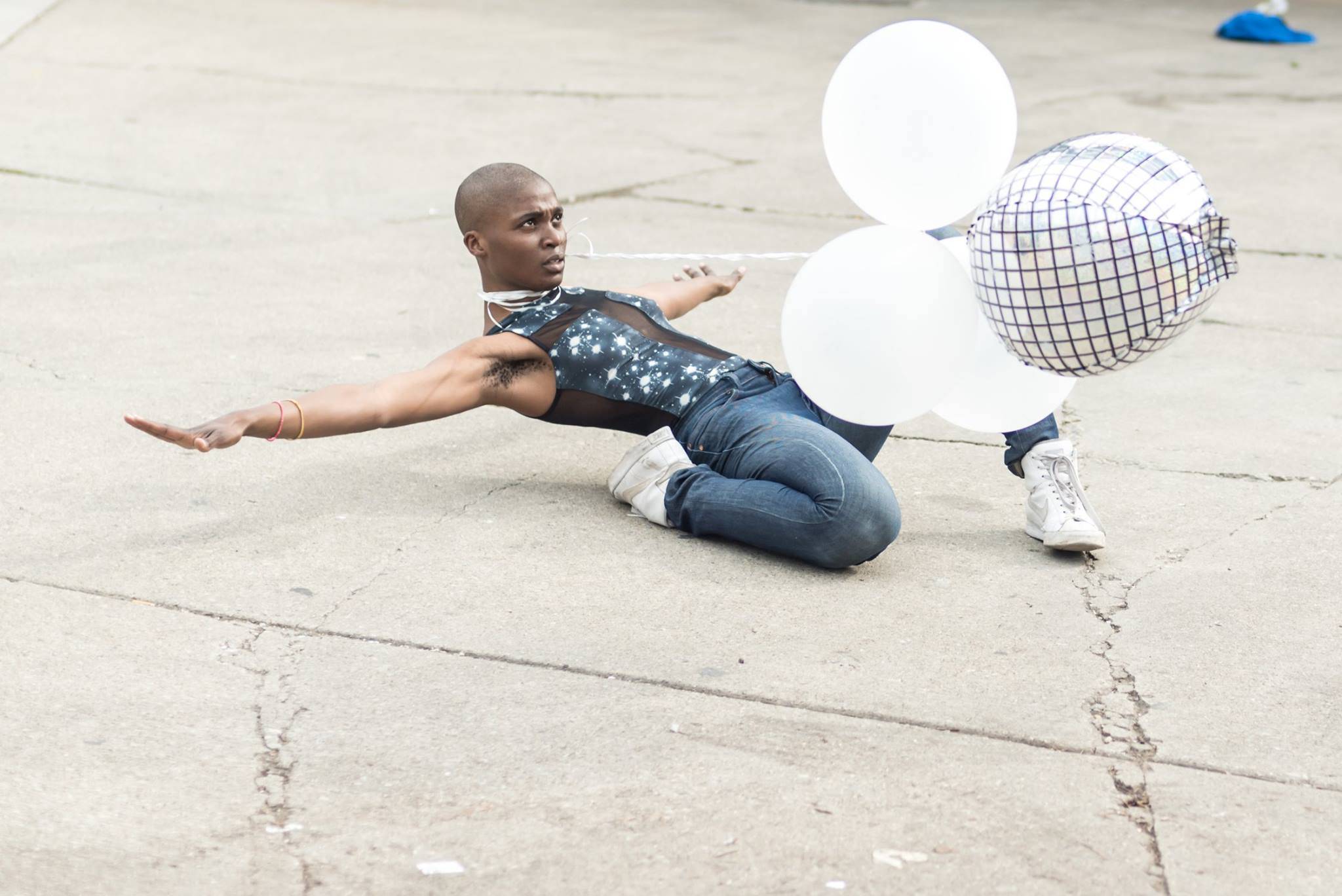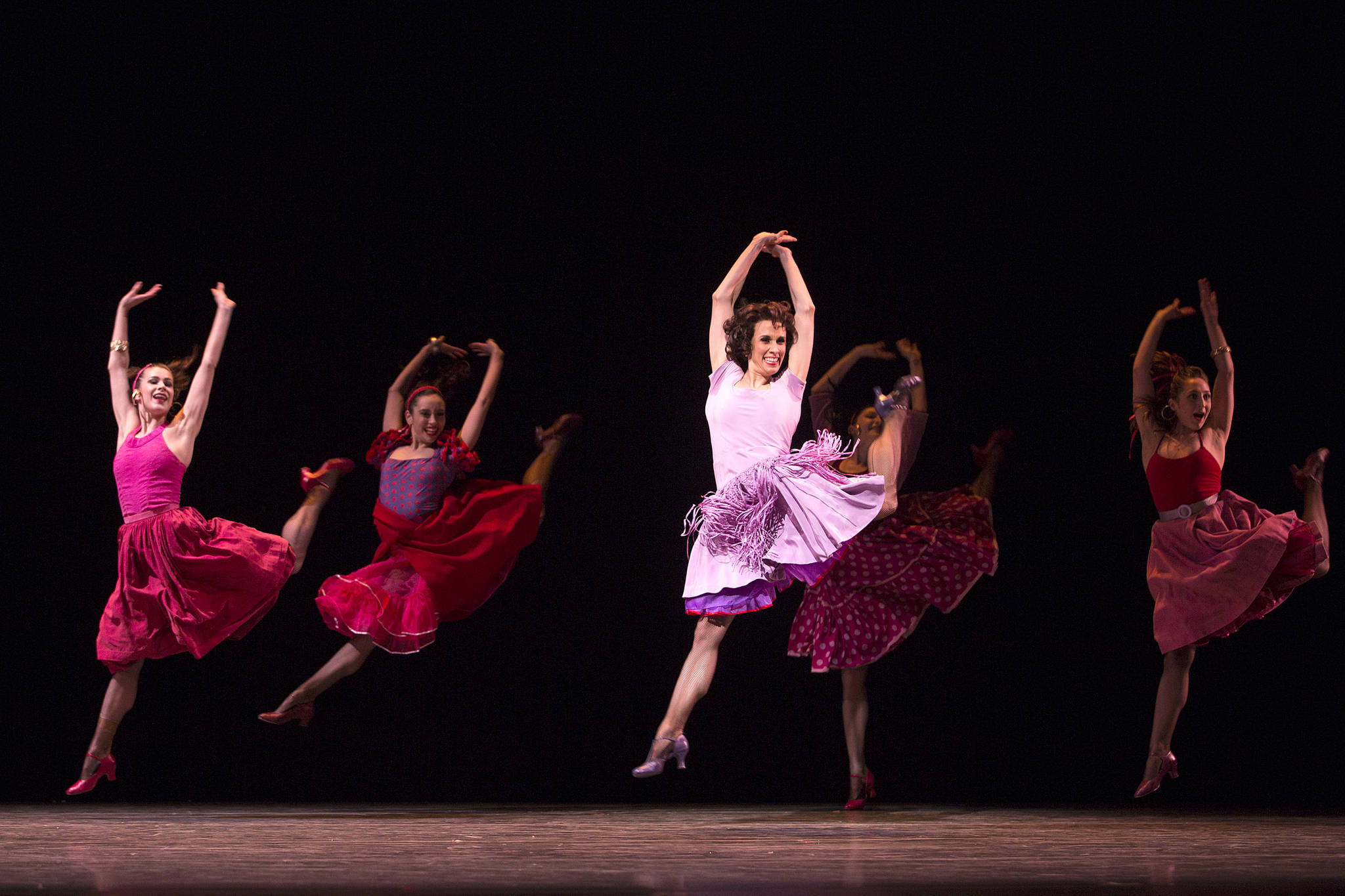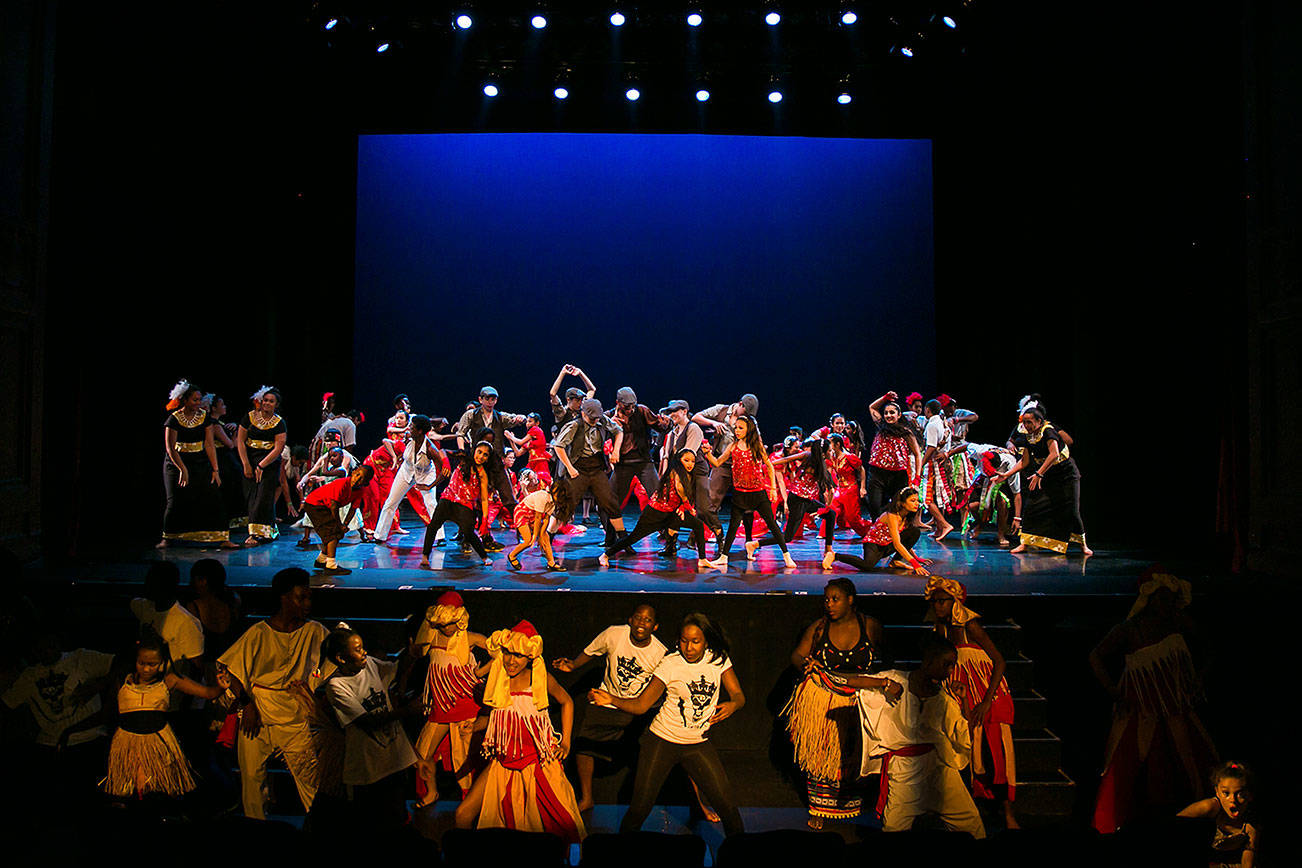CHOREOGRAPHER BILL EVANS and his company were a major lodestar of the Seattle dance community from the mid-1970s until not too many years ago. They performed and taught all over, attracting dancers from around the country and leaving a significant mark on the local style. For a time, you’d have been hard pressed to find someone in town who hadn’t worked or studied with Evans. Members of his company and staff went on to create several of the dance institutions we know today, and even though he’s not been resident here for at least 10 years, traces of his movement style are still visible in class and on stage.
SOUP
D-9 Dance Collective
March 2-4 at Odd Fellows Hall
Soup, the upcoming concert featuring choreography by Wade Madsen, Jim Coleman, and Therese Freedman, is a microcosm of those influences. All three are alumni of the Evans company, coming to Seattle to work with the group, and all have gone on to choreograph and form their own ensembles. And though they aren’t all of Seattle now (Freedman and Coleman work in Massachusetts, while Madsen is on leave from his teaching position at Cornish College), they represent a sizable chunk of our recent history.
But it’s a reunion sponsored, at least in part, by a new generation of Seattle dance, not so clearly tied to these influences. The D-9 Dance Collective comes from a different, more diverse background, and for many of them, this is new material.
Coleman and Freedman often make highly dramatic works, and Dent, a duet to excerpts from the Neil Young score for the film Dead Man, is in that vein. They’ve described it as an exploration of intimacy, loss, and reconciliation. Their group work for D-9, Falling, set to a compilation of Roy Orbison songs, sounds like it has a more ironical twist, an “ode” to love, longing, and ugly prom dresses.
Madsen seems to alternate between theatrical material and what performers often call “dancey dancing.” It’s there that we see his Evans heritage most clearly, with its compelling sequential quality, the spine unfurling from tail to head, the arms almost boneless as they fold and refold around the torso. Dress, a solo set to Andrew Lloyd Weber’s Requiem, is so beautiful it feels almost disturbing, rather like Charlotte Church, the wunderkind soprano. This is in contrast to his campy work, which Flame, using the Peggy Lee recording of “Fever” promises to be. Between those poles he’s made In Search of Dulcinaea for his own group, based on the Cervantes novel, and Speed of Time, a new solo for himself focused on Einstein’s concepts of time and space.
Although plans for the concert have come together more from serendipity than design, it does serve to reinforce and enliven part of our local dance history. It may not be a deliberate cross-section from our family tree, but it’s a good snapshot for the album.
